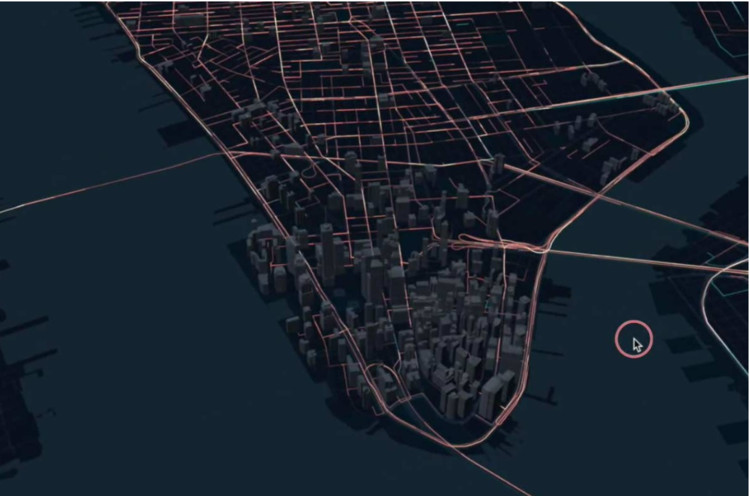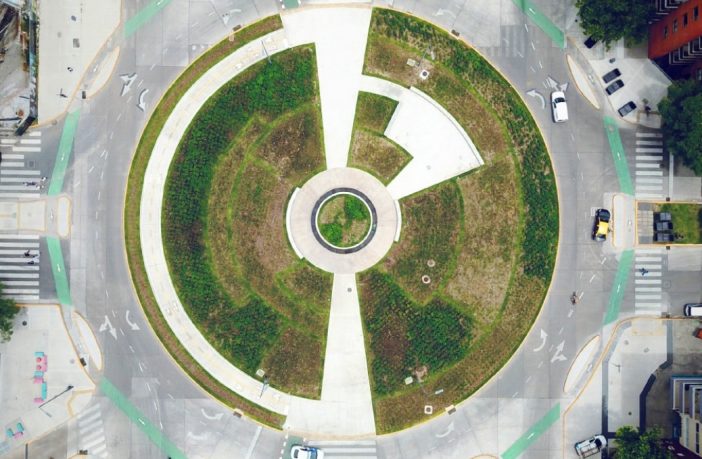Opinion
More than 55% of the world’s population lives in cities, with that number only expected to increase in the coming decades. Despite the rising population in urban areas, local governments continue to raise flags about inadequate infrastructure and the declining quality of life that cities are facing. Perhaps the large scale problems that we typically categorize as urban innovation, inclusion, and infrastructure, can be solved if we get to the root of the smaller troubles, that we may not even know existed. It’s time to take urban issues off the back burner and improve cities not just for today, but for the long term future.
As cities around the world continue to experience the ravaging waves of COVID-19 and unrest that has been caused by the unveiling of deeply rooted societal problems, questions about urban equity and the health of our cities have begun to rise. Empathy is the challenge of our modern time- and the integration of design and technology is eager to help provide solutions. It’s not about tackling just one issue at a time, but the goal is to create a system that addresses challenges holistically in a way that will make cities smarter and the built environment a better place. The future of cities lies in the hands of small scale startups with large scale solutions that have the power to create a robust urban experience.

URBAN-X, a MINI company that was created to make city life better, is aiming to do just that. Through their 20-week accelerator program, they equip startups with the funding and resources needed to transform their ideas into reality. With over 50 startups in their portfolio, and projects implemented in more than 100 cities, their grassroots nature is offering big solutions to the problems our urban core faces -and not doing this in an isolated manner, but through a network of companies that together, can grow and generate positive change in the world. With startups that seek to create more efficient buildings, enhance public health, and revitalize urban technologies, just to name a few sectors, these companies are working on city solutions to break down some of the most pressing global issues in a tangible way.
As an accelerator, the value proposition of URBAN-X is that they shorten the time between inception and implementation in order to increase the likelihood of long term success. This is done by connecting various teams with potential customers, helping them develop products, and assisting with other vital resources that are needed from both an investor and policymaker standpoint to help these companies deploy at a significant scale.

One of the startups, Roadbotics, is utilizing AI technology to automate inspections and generate detailed maps, ratings, and data about infrastructure in more than 160 cities around the world in a way that saves both time and money. With a smartphone app, users can create accurate and objective road surveys that detect deficiencies on roads in an easily accessible way.
In the design and real estate sector, FIRMUS AI uses machine learning and AI to provide real-time alerts on potential construction errors, issues, and risks that are based on the industry’s historical data and experience. It’s estimated that construction companies lose up to 50% of their profit margins just by repeating mistakes in each project, but this tool has the ability to generate a checklist of items to review so that buildings are constructed with greater precision.
3AM Innovations designed and built a situational tracking system to improve scene awareness for firefighters who traditionally use whiteboards and radios to record movements and locations. By minimizing confusion with data automation through electronics and software, the men and women who serve our societies will be better protected.

The way to make cities better is not to wait for the slow shift in public policy to occur or to wait for the corporations that already exist to come up with a solution, but the need lays in the creation of an environment where small ideas have the ability to bring innovation to public problems. Many of the solutions that are shifting our urban fabric and the way that we inhabit cities, come from the private sector. While policies can do a lot of good, it can’t solve every problem on its own. We need technology and the markets as the second and third legs of the stool to take an integrated approach and think about ways to build for the better.
Author: Kaley Overstree
This article was first published in Arch Daily and is republished with permission.















